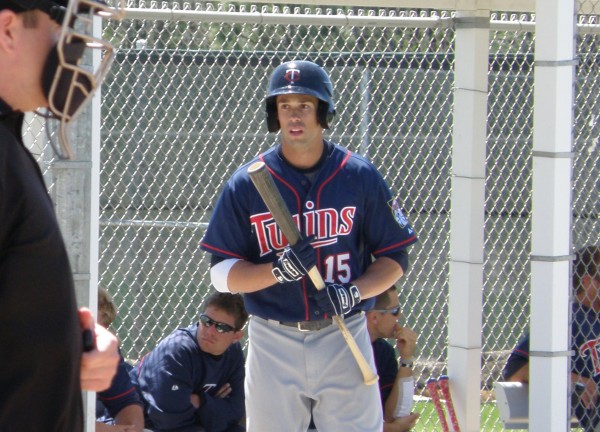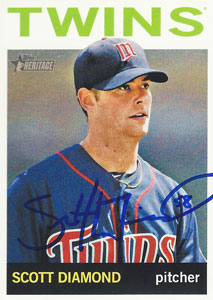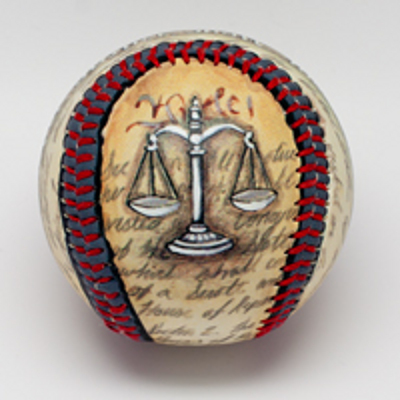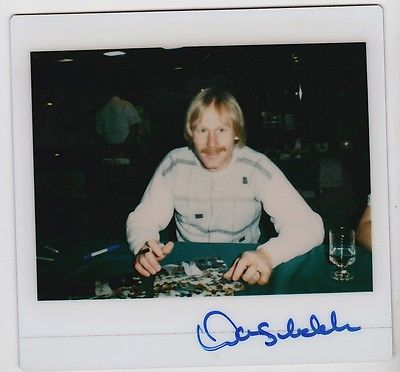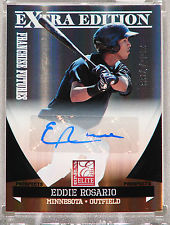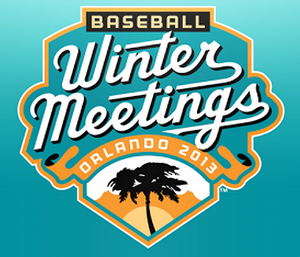The final week of spring training is a big week for the new batch of Kernels getting ready to head north to Cedar Rapids.
On Thursday, four days before the Kernels will break camp in Fort Myers and head north, the roster for the Kernels still included 29 names. That’s four more than the 25 players that will make up the club’s Opening Day roster.
That means at least four of the current group being managed by Jake Mauer on the back fields of the Lee County Sports Complex will be staying behind for Extended Spring Training in Fort Myers.
On top of that, each of the other levels in the Twins organization, from the Major League club through each of the three minor league levels above the Kernels, all also were a few players over their Opening Day limits. As players at higher levels get “sent down,” they can bump other players down to the next lower level, as well.
After Thursday’s game with the Red Sox’ Class A affiliate, I spoke briefly with a pair of potential Kernels who, while similar in age, demonstrate two different perspectives as they prepare to open the 2014 season.
Catcher Michael Quesada was drafted as a 20-year-old by the Twins in the 24th round of the 2010 Amateur Player Draft out of Sierra College in Rocklin, California. He played only three games in 2010 after signing with the Twins and has spent the past three years moving step-by-step up the organizational ladder.
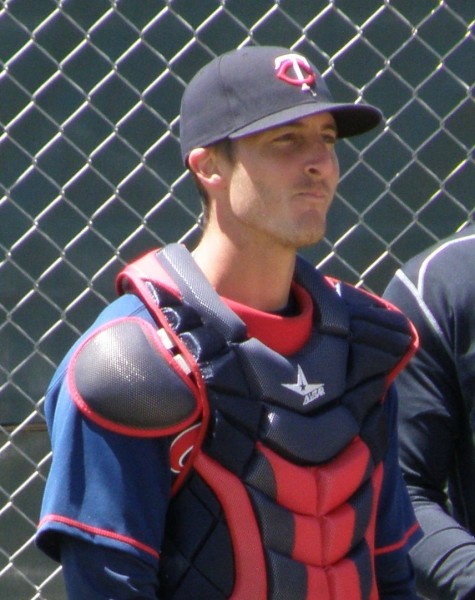
Quesada spent most of the 2013 season with the Kernels, getting in to 62 games while sharing catching duties with a number of other backstops that passed through the Kernels roster during the year. He didn’t set the world on fire with the bat, but improved his game-calling behind the plate and showed off a strong arm.
A week ago, Quesada was getting an opportunity to work with the Twins’ Class AA group,. But as catchers on the Major League side of the camp were sent down, setting off the natural chain reaction at the minor league levels, Quesada was likewise destined to drop a rung.
However, instead of dropping one rung, to the Class high-A Miracle, Quesada was returned to the same Kernels roster he was part of last season and where it appears he’s likely to open the season alongside other returning players, such as infielder Joel Licon and pitcher Hudson Boyd, among others.
If the drop bothers Quesada, he doesn’t let it show. Rather, he talks of appreciating the opportunity to see how things are done at a higher level in the organization, while looking forward to starting another season with the Kernels.
“Yeah, it was a good experience just to see more mature players, how they handle themselves,” said Quesada. “I’m just coming back (to Cedar Rapids), looking to play as much as possible and get (at-bats). I had a great time in Cedar Rapids last year, so I’m real excited to come back. It’s going to be a good time.”
Despite being less than a year younger than Quesada, infielder/outfielder Chad Christensen has just started his professional career. Christensen was drafted by the Twins in the 25th round of last year’s Amateur Draft and played just 47 games for the Twins’ lowest rookie level team in the Gulf Coast League following the end of his senior season at the University of Nebraska.
Typically, a player like Christensen would be targeted to spend the next couple of months in Extended Spring Training before joining the Twins’ Appalachian League squad in Elizabethton, Tennessee. Then, depending upon performance, he could work his way up to the Kernels later in the summer.
But Christensen, who attended Washington High School in Cedar Rapids, is still a part of the Kernels group just four days before camp breaks and is squarely in the mix for one of the final spots on the Opening Day roster with the Kernels. That would mean spending 2014 playing before friends and family in his hometown.
Kernels manager Jake Mauer has said he’d like to have the flexibility that a player like Christensen brings to the table. Mauer indicated he’d have no qualms about playing Christensen at either corner outfield position, either corner infield position, or even at shortstop on occasion.
Nonetheless, Christensen is well aware that his roster spot with the Kernels is precarious and he’s still got work to do over the final few days of spring training in order to nail down that spot.
“I’m still trying to do what I can to make this team so that’s kind of where I’m at,” Christensen said on Thursday. “(Playing in Cedar Rapids) would be real exciting, I grew up there and everything. It would be a lot of fun to come home.”
Some athletes have been known to struggle with playing at the professional level in their hometown, but Christensen doesn’t believe he’ll feel an extra pressure from playing in Cedar Rapids, if and when that opportunity arises.
“No, I’m not so concerned about that,” he said. “Just trying to keep focused on the field and separate the baseball from the friends and family. I’ll be excited about it.”
A year ago, the Kernels were at or near the top of the Midwest League in almost every offensive category. But the hitters that made up the heart of the batting order a year ago have all moved up at least one level entering the new season and Quesada allowed that this year’s Kernels will take a different approach to win games.
“We’re not really trying to match (the 2013 Kernels hitters),” acknowledged Quesada. “We’re just trying to put more runs up on the board (than the opponent) that day. Maybe it’s two, maybe it’s one. But no, we don’t have the offense of last year, but our pitching is going to win us ballgames.”
The Kernels pitching corps is expected to include a number of the Twins organization’s top young arms during the course of the 2014 season and Quesada is clearly impressed with the pitchers he’s been working with.
“The pitching staff is going to be less experienced, but with way better stuff. They’re going to have live arms, young guys that are learning how to pitch. It’s our job, myself and (fellow catchers) Mitch Garver, Bo Altobelli and (pitching coach) Ivan Arteaga to teach them. They’re definitely good throwers right now, but they have a big opportunity to turn in to some serious pitchers. I’m really excited to work with them.”
Quesada’s work this spring extends beyond the field, as a number of those young pitchers are from Latin America, which can present a communication challenge for a catcher.
“I’m working with Ivan right now to get my Spanish a little better to where I can go out to the mound and talk to them, so they’re comfortable. I’m trying to make their lives as easy as possible because it’s going to be a fun pitching staff to work with.”
Thursday was likely my final look at the Kernels in spring training. I’m planning to go to the Twins/Red Sox game on Friday afternoon and, alas, my flight home from not-so-sunny-but-warmer-than-home Florida is early Saturday morning.
– JC

